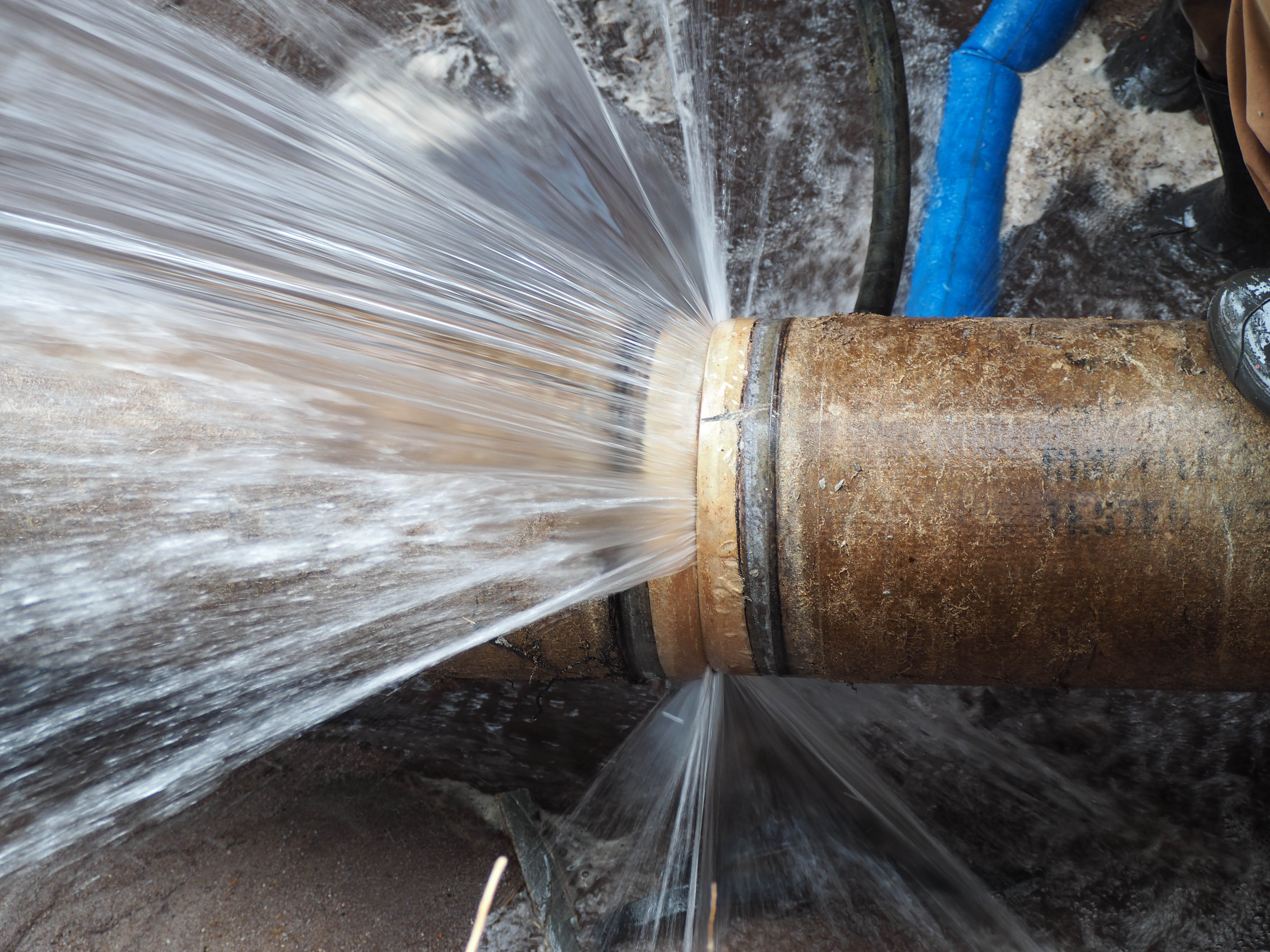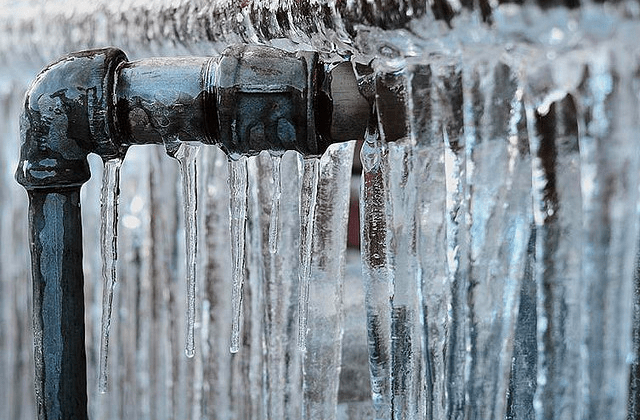Guidance for Preventing Frozen Pipes in Cold Weather: Specialist Tips
Guidance for Preventing Frozen Pipes in Cold Weather: Specialist Tips
Blog Article
Just about every person is bound to have his or her own assumption involving Preventing and dealing with frozen pipes.

Winter can ruin your plumbing, particularly by freezing pipes. Below's exactly how to prevent it from happening and what to do if it does.
Intro
As temperatures decline, the threat of frozen pipes rises, possibly bring about costly repair work and water damages. Recognizing just how to avoid icy pipes is crucial for house owners in cool environments.
Comprehending Icy Pipes
What creates pipes to freeze?
Pipelines ice up when revealed to temperatures listed below 32 ° F (0 ° C) for extended periods. As water inside the pipelines freezes, it broadens, taxing the pipeline walls and possibly creating them to break.
Risks and damages
Icy pipes can lead to water supply interruptions, residential property damages, and expensive repairs. Ruptured pipelines can flood homes and cause comprehensive structural damages.
Indications of Frozen Pipes
Recognizing frozen pipelines early can stop them from bursting.
Just how to determine frozen pipes
Seek reduced water flow from taps, unusual odors or sounds from pipes, and visible frost on subjected pipes.
Avoidance Tips
Insulating susceptible pipelines
Wrap pipelines in insulation sleeves or make use of heat tape to protect them from freezing temperature levels. Focus on pipelines in unheated or external areas of the home.
Home heating strategies
Maintain indoor rooms appropriately warmed, particularly areas with plumbing. Open cabinet doors to permit warm air to circulate around pipes under sinks.
Shielding Exterior Pipes
Garden tubes and exterior taps
Disconnect and drain garden hose pipes prior to wintertime. Set up frost-proof faucets or cover outdoor faucets with insulated caps.
What to Do If Your Pipelines Freeze
Immediate actions to take
If you believe frozen pipelines, maintain faucets available to alleviate stress as the ice thaws. Use a hairdryer or towels taken in hot water to thaw pipelines slowly.
Long-Term Solutions
Architectural adjustments
Take into consideration rerouting pipes far from exterior walls or unheated areas. Add extra insulation to attics, basements, and crawl spaces.
Updating insulation
Buy high-grade insulation for pipelines, attics, and walls. Proper insulation aids keep constant temperatures and reduces the risk of frozen pipelines.
Verdict
Stopping frozen pipelines requires positive measures and quick feedbacks. By understanding the reasons, indicators, and preventive measures, house owners can secure their plumbing during cold weather.
6 Proven Ways to Prevent Frozen Pipes and Protect Your Home
Disconnect and Drain Garden Hoses
Before winter arrives, start by disconnecting your garden hoses and draining any remaining water. Close the shut-off valves that supply outdoor hose bibs and leave the outdoor faucet open to allow any residual water to drain. For extra protection, consider using faucet covers throughout the colder months. It’s also important to drain water from any sprinkler supply lines following the manufacturer’s directions.
Insulate Exposed Pipes
Insulating your pipes is an effective way to prevent freezing. Pipe insulation is readily available at home improvement stores and is relatively inexpensive. Pay close attention to pipes in unheated areas such as the attic, basement, crawl spaces, or garage. Apply foam insulation generously to create a buffer against the cold. You can also wrap your pipes in heat tape or thermostat-controlled heat cables for added warmth.
Seal Air Leaks
Inspect your home for any cracks or openings that could let in cold air. Seal any holes around the piping in interior or exterior walls, as well as the sill plates where your home rests on its foundation. Additionally, make sure to keep your garage door closed unless you’re entering or exiting. Leaving it open creates a significant air leak that can lead to frozen pipes.
Allow Warm Air Circulation
During cold snaps, it’s essential to allow warm air to circulate evenly throughout your home. Leave interior doors ajar to promote better airflow. Open kitchen and bathroom cabinets to help distribute heat consistently around the rooms. If you have small children or pets, be sure to remove any household chemicals or potentially harmful cleaners from open cabinets for safety.
Let Faucets Drip
A small trickle of water can make a big difference in preventing ice formation inside your pipes. When temperatures drop significantly, start a drip of water from all faucets served by exposed pipes. This continuous flow helps prevent the water from freezing. Additionally, running a few faucets slightly can relieve pressure inside the pipes, reducing the chances of a rupture if the water inside does freeze.
https://choateshvac.com/6-proven-ways-to-prevent-frozen-pipes-and-protect-your-home/

We had been shown that write-up about Prevent Frozen Pipes through an acquaintance on our other web blog. So long as you enjoyed our post plz make sure you remember to share it. I cherish your readership.
Estimating Report this page